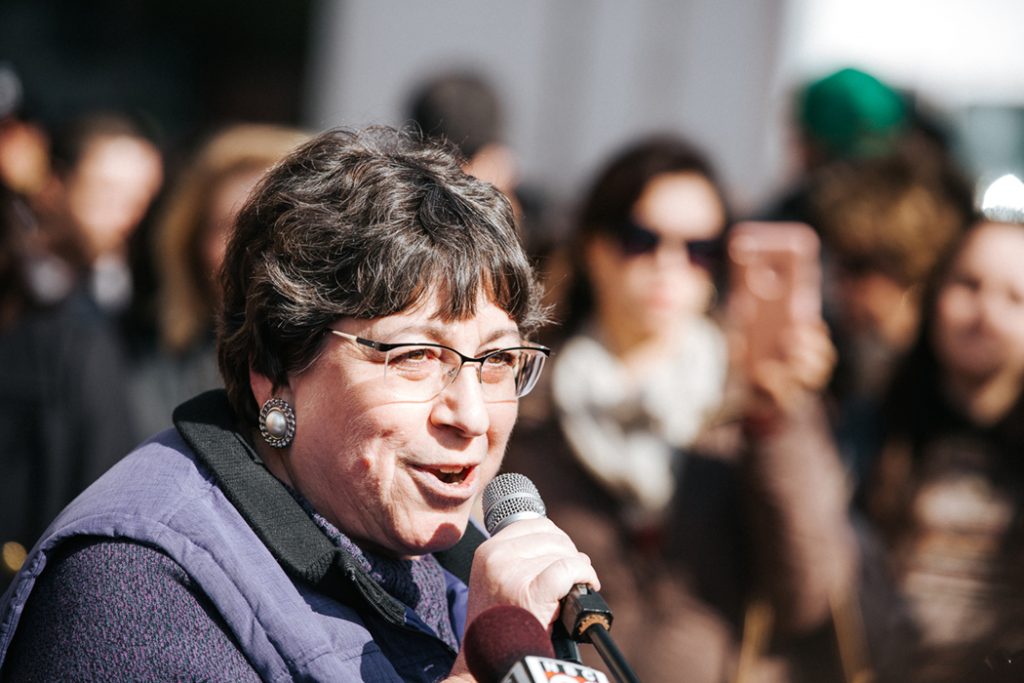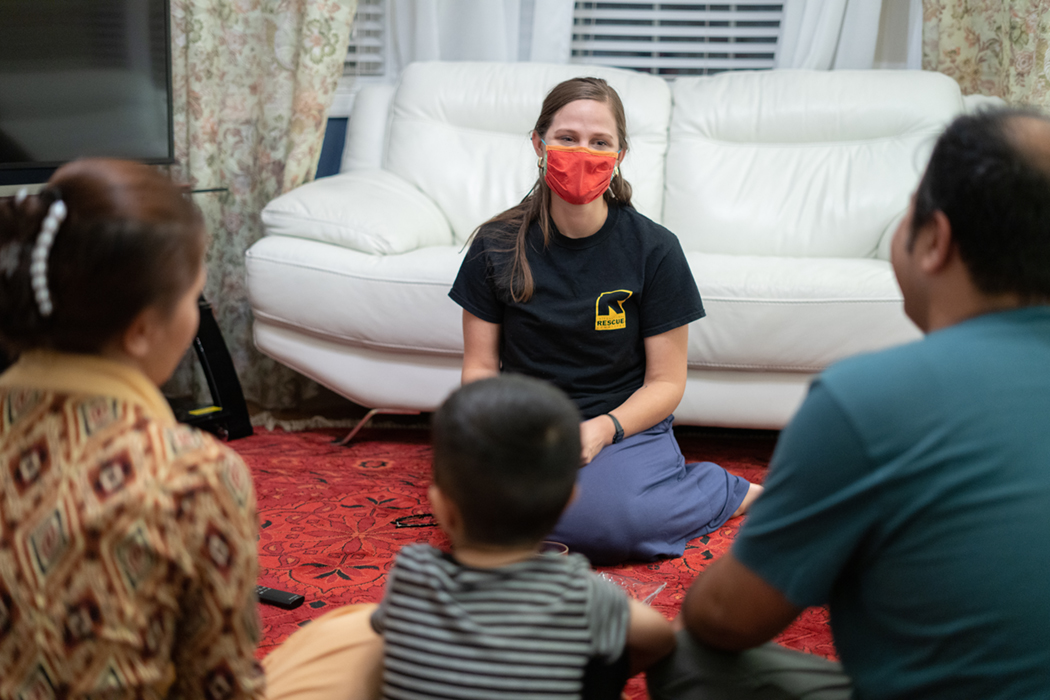Since the Taliban took control of Afghanistan in August, more than 70,000 Afghans have fled to the United States. For weeks, many refugees stayed at temporary resettlement camps located on military bases across the country, as they waited for their immigration processing to be completed. But over the past two months, the federal government has allowed some to leave the camps and move to a variety of cities, where they can finally begin their new lives.
According to the local International Rescue Committee, 210 Afghan refugees—including 75 families—have arrived in Charlottesville since the beginning of October. Most came over the course of just two weeks, giving the IRC little time to make preparations.
“With a lot of these people, they arrive to us at very short notice. It’s very common to get a notice and people are coming the next day…We had multiple times where we had a couple of hours notice,” explains Charlottesville IRC Executive Director Harriet Kuhr. “It was very much an emergency response.”
The government is currently working to close all the military base refugee camps by February 15, says Kuhr. More than 80 percent of the refugees the IRC agreed to resettle in Charlottesville are here, but the organization expects a few more to arrive in the coming months.
“Now [the government] is having people come in an even flow each week, not just to Charlottesville but everywhere, so we can manage them more properly,” says Kuhr. “These people have been in those facilities since July and August, so they’re ready to move on.”

Because staff had no time to explore housing options, the IRC is temporarily housing the refugees in local hotels, where they are provided with food, clothes, and other necessities.
“It’s been very, very challenging with the amount of people arriving one after the other. We had all of our staff turn to just immediate reception needs,” says Kuhr. “Now we’re focusing on going back and catching up on all of the other services they need.”
Due to Charlottesville’s affordable housing crisis, finding permanent housing for the refugees in or near the city has been difficult. The IRC is currently working to form housing partnerships with area faith groups, neighborhood associations, and other community organizations, as well as in surrounding communities like Waynesboro and Lynchburg. After helping to find suitable housing for an individual family, partners will fundraise to help cover the family’s housing costs and assist with resettlement for six months.
Though the IRC does not permit homestays, residents who have a house or apartment they are not currently living in can contact the IRC to see if a refugee family could stay there. One Afghan family moved into a downtown Airbnb this week, after owner Debra Weiss volunteered to have refugees live there temporarily.
Around one-third of the refugees are school-aged children, says Kuhr. Since they have been living in hotels, the kids have not been enrolled in school yet.
“We were a little wary to enroll kids in school. If a month or two later they got an apartment that was in a different county or jurisdiction, we would have to pull them out and move them to other schools,” says Kuhr. “But at this point we’ve realized we can’t wait any longer, so we are just starting to enroll kids.”
As for the adults, most are still waiting to receive their social security cards, employment authorization, and other important documents they need to resettle.
“Things we would normally do locally were done for them at a national level, with 10,000 people applying all at once,” says Kuhr. “We’re hoping that kind of stuff is going to start coming in soon…but because of how they arrived, and the emergency nature of it, there’s just a lot of challenges.”
Until more refugees are moved into permanent housing, the IRC is no longer accepting in-kind donations. However, the agency is in huge need of financial donations to cover hotel bills, as well as gift cards to local stores—especially Walmart.
“[At Walmart], they can buy food, clothes for their kids, toiletries,” says Kuhr. “It allows the family the choice to get what they want and what is most important to them.”
To volunteer to help with Afghan resettlement efforts, email sponsor.va@rescue.org.



